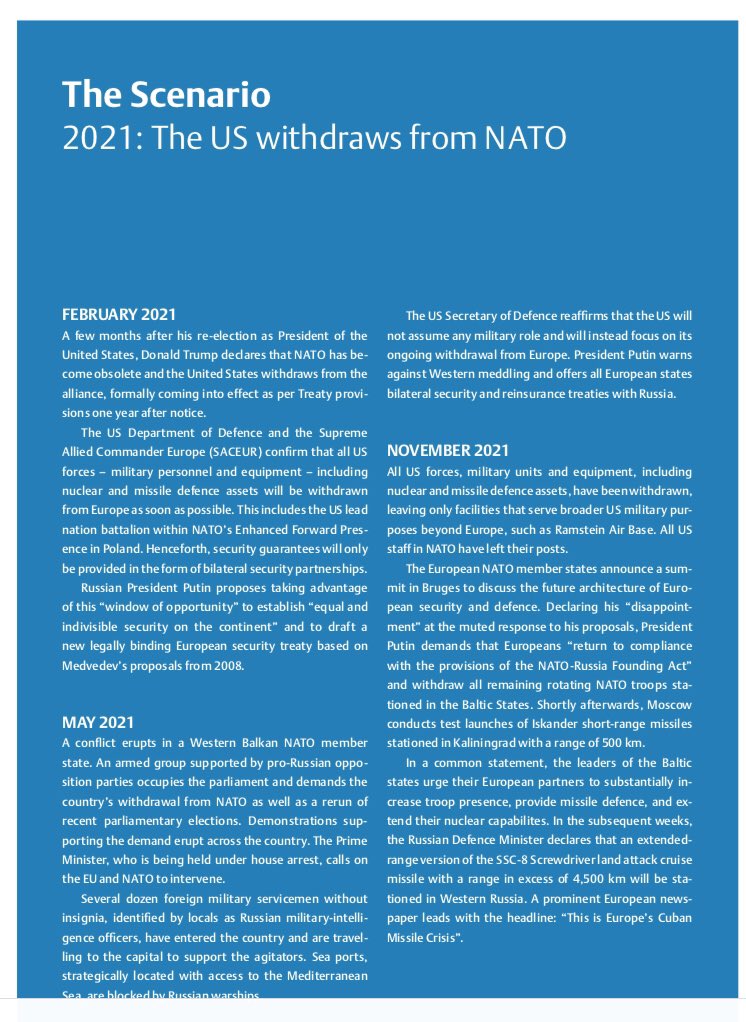
This is an astonishing & frustrating update on military, financial & humanitarian aid to Ukraine by @kielinstitute in € billion: „The U.S. is now committing nearly twice [!] as much as all EU countries and institutions combined“ 👉 app.23degrees.io/view/5V9AdDpw1… #ukrainesupporttracker
„…This is a meagre showing for the bigger European countries, especially since many of their pledges are arriving in Ukraine with long delays. The low volume of new commitments in the summer now appears to be continuing systematically“ from @kielinstitute
The US is leading the war effort, and Europeans - or better to say: Western Europeans - are leaning in. This is problematic on some many levels, not least with a view to the US midterm elections. The US continues to invest heavily, and EUropeans are falling more and more behind.
• • •
Missing some Tweet in this thread? You can try to
force a refresh





